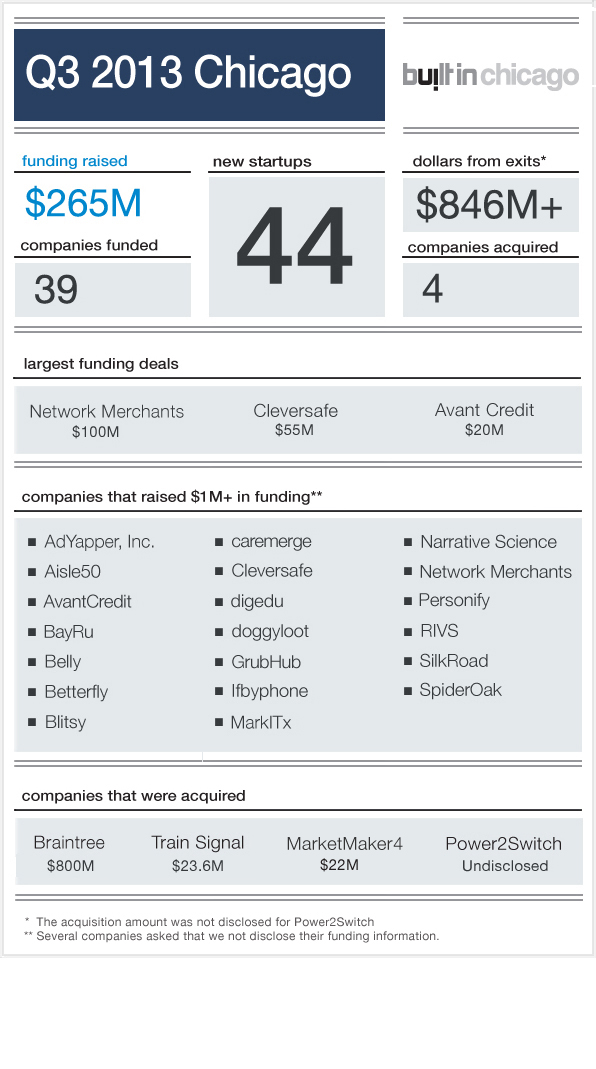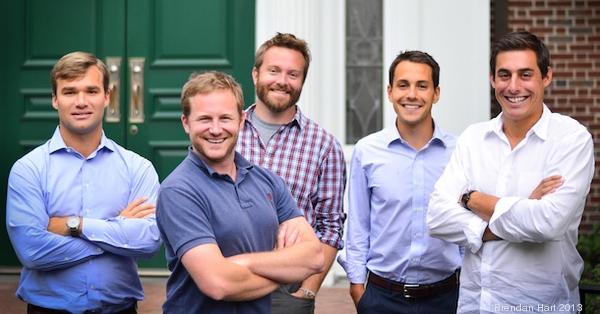Raising capital is ridiculously complicated and incredibly frustrating.
Anyone who has gone through it will tell you this. Heck, investors admit it. Thank you SEC for finally allowing equity crowdfunding. Fingers crossed you won’t over regulate it, and make that insanely complicated as well.
Before going into the 4 things I’m currently annoyed about, let me preface this with the following: I have built 5 companies without a dime of investor capital, been an investor myself, been a vendor for investors, and have personal relationships with quite a few angel investors. I have voiced all of these frustrations on a regular basis to them.
I also don’t want this rant to appear to be from someone who is mad about being turned down for investment. While I’m using personal experiences for examples, I have witnessed these and others happen to quite a few startups. My frustration with this is what led me to invest time and personal capital in several companies over the last 3 years.
Annoyance Number 1 – Needing To Making Up Projected Revenue Numbers
A while back I went on a road show for a venture I was involved in. We had a finished product, revenue, had bootstrapped it well beyond the need for seed capital, and were ready for scale.
We put together a fantastic deck, pitch videos, and the ROI projections were very reasonable. With our revenue model we literally needed .001% of our target market to be a $20 million company with a 75% profit margin. Recurring revenue model, and that .001% equaled about 6,500 customers. So not a massive undertaking to reach the initial goals.
After the first pitch, the head of the investment group pulled me aside and recommended that I increase my revenue projects and said:
Fudge the numbers and make it look ridiculously attractive, it doesn’t matter if you’re lying.
I was marginally stunned about this and thought he was joking. Nope. Dead serious.
Now I was faced with both a business and moral dilemma, do I lie on the front end and hope an investor will bite, while also setting myself up for backlash with unreasonable projections, or do I stick with reality and pray someone will invest.
I went with option 2 and let’s just say it didn’t turn out well. We got to watch companies that needed significantly more capital to get started, had lower profit margins, and had much longer timelines for ROI successfully raise money. All while we weren’t able to close the round.
Annoyance Number 2 – Not Listening To Your Answers
This one really fired me up.
At the first stop on the road show, a concern was raised when I outlined the industries we wanted to target. Several investors thought we wanted to go after 6 markets simultaneously. I clarified to them that wasn’t the case. We just wanted to showcase that the opportunity of scale was reasonable, and that we were thinking big picture.
However, to avoid that being a roadblock in the future we made pitch modifications to account for it. Both in the deck itself and during the pitch, a very strong caveat was issued that Industry A was the one we were targeting, the others weren’t going to be touched until well down the line.
Come Q&A time after the pitch, the question was asked if we were going to go after all these markets at the same time. Answer again – not anytime soon. Down the road. Only after dominating the first one.
Fast forward to the answer on the ask. No.
Key objection. You guys want to go after to many markets to fast.
(this one ended up being acquired later on – zero capital raised)
Annoyance Number 3 – Ignoring Low Risk Investments & Backing Small Market, Ludicrously Expensive Ones
This example is from a couple of years ago, and I’ve since seen quite a few similar ones.
A technology company I was a consultant for had an incredible opportunity to seize market share. By opportunity I mean a federal regulation had just been issued requiring the target market to buy this type of healthcare software or face a 5% gross revenue penalty.
84% of the market was currently controlled by 3 companies. Market research had returned 67% of potential customers were looking for alternatives to existing options, a giant list of competitive advantages, and all we were looking for was marketing capital to scale. Just over $1 million of personal capital by the founders had been invested to build, test, and prove market viability.
To generate $50 million a year in recurring revenue they would need to grab 2% market share.
This venture was immediately rebuffed by investors, while a company that needed $47 million and 5 years just to go to market was funded instantly. By instantly I mean commitment was made by multiple investors on the spot.
Now that wasn’t my cause of frustration. There are plenty of great ideas needing that amount of time and capital. What blew my mind was the entire potential market was $100 million. Even more mind boggling was a profit margin of only 20%. Mathematically it would be almost impossible to gain reasonable ROI, and the capital risk was huge.
(never raised of dollar of investment capital and is now doing $6 million a year)
Annoyance Number 4 – Easier To Raise Big Money Than Small
Angel investor or Venture Capitalist, I’ve never understood why you would want to risk larger sums of money than smaller ones. It really doesn’t make sense.
If you only expect 1 in 10 investments to provide ROI, then to me it’s logical to reduce the initial capital outlay, and if need be invest more down the line. That however isn’t how it’s done. Raising $500k is incredibly difficult, but needing several million opens a lot of doors.
As technology advances, outsourcing lowers cost, and ability to market test is growing tremendously. This has led to a reduction in the amount of capital needed to grow a company.
So with this being reality, why aren’t investors increasing the number of smaller gambles, rather than chasing the proverbial unicorns? To mix metaphors, why would you put all your eggs in one basket, when for the same capital risk you could have 10?
On the flip side, if you can’t justify needing huge investment, then you can’t raise it. This circles back around to my earlier annoyance in needing to make up numbers to justify investment.
Annoyance Number 5 – Needing A Full “Team”
CEO. CFO. CMO. CTO. COO. Plus a few other C** roles for good measure and why not add in 5 big name advisers and a few strategic partners.
This seems to be what investors are looking for these days, but if you’re looking for early stage investment capital it’s A) unlikely you’ve been able to secure all of these in anything other than name, and B) there are plenty of resources out there that can service these roles in the short-mid term and significantly reduce the amount of capital needed.
For example, there is a great company called Conserv here in Nashville that can offer you a CFO and accounting services all under one roof. But since they are a third party vendor, and not on your cap table, questions immediately arise about needing to fill that role.
If in the short-mid term you can remove the need for $300-400k in salaries by outsources different services, save equity options for the future, and in reality have access to additional resources for less expense, why is this seen by a lot of investors as a risk, versus a smart use of their money?
Rant Summation
Hopefully this hasn’t been taken as a complete evisceration of investors.
There are plenty of forward thinking investors being very progressive in the risks they take. When it’s their money on the line, it’s ultimately their prerogative in what they invest in and how often. I know this on a very small scale with my investments compared to the “real” investors.
That said, I truly hope these kinds of issues can become mitigated in the future. The need for seed and scale capital is never ending, and the number of people willing to risk entrepreneurship is falling.
Without a significant rise in the number businesses starting and growing to replace the ones shutting down, our economic issues are going to continue to exacerbate.
So to investors reading this, please don’t hate me.
For entrepreneurs needing to raise capital, don’t let this rant cause trepidation.
You must approach entrepreneurship without fear, and be willing to accept rejection without losing your drive to succeed. You will experience ups and downs every day you are a business owner. It’s part of the responsibility.
Now get out there. Take risk. Don’t be afraid of rejection. Live the American Dream. We only have one life to live. Go make the most of it!
















